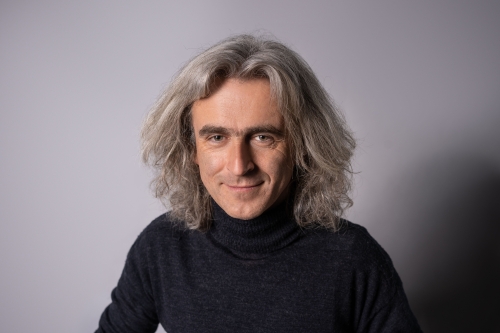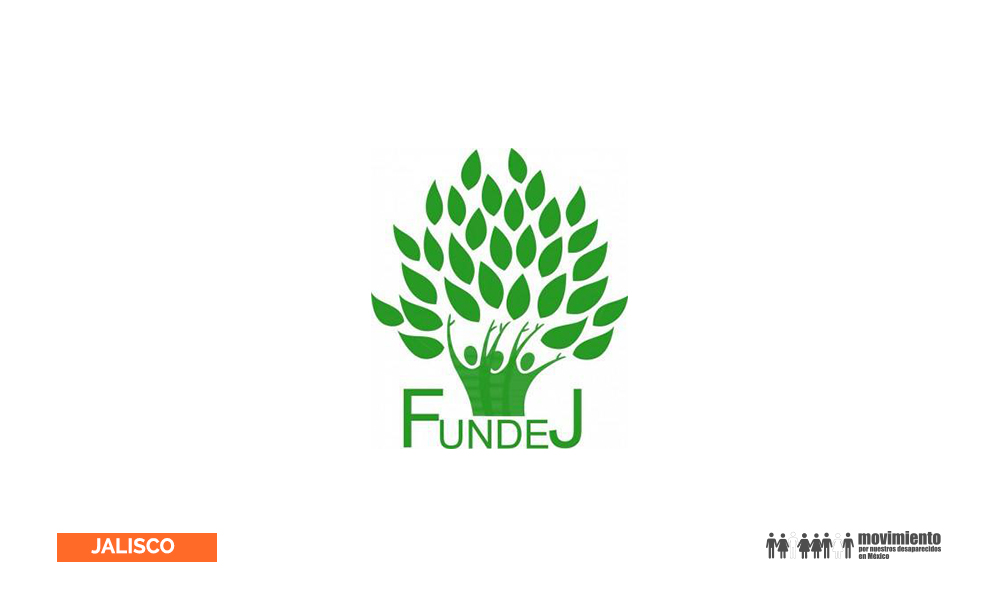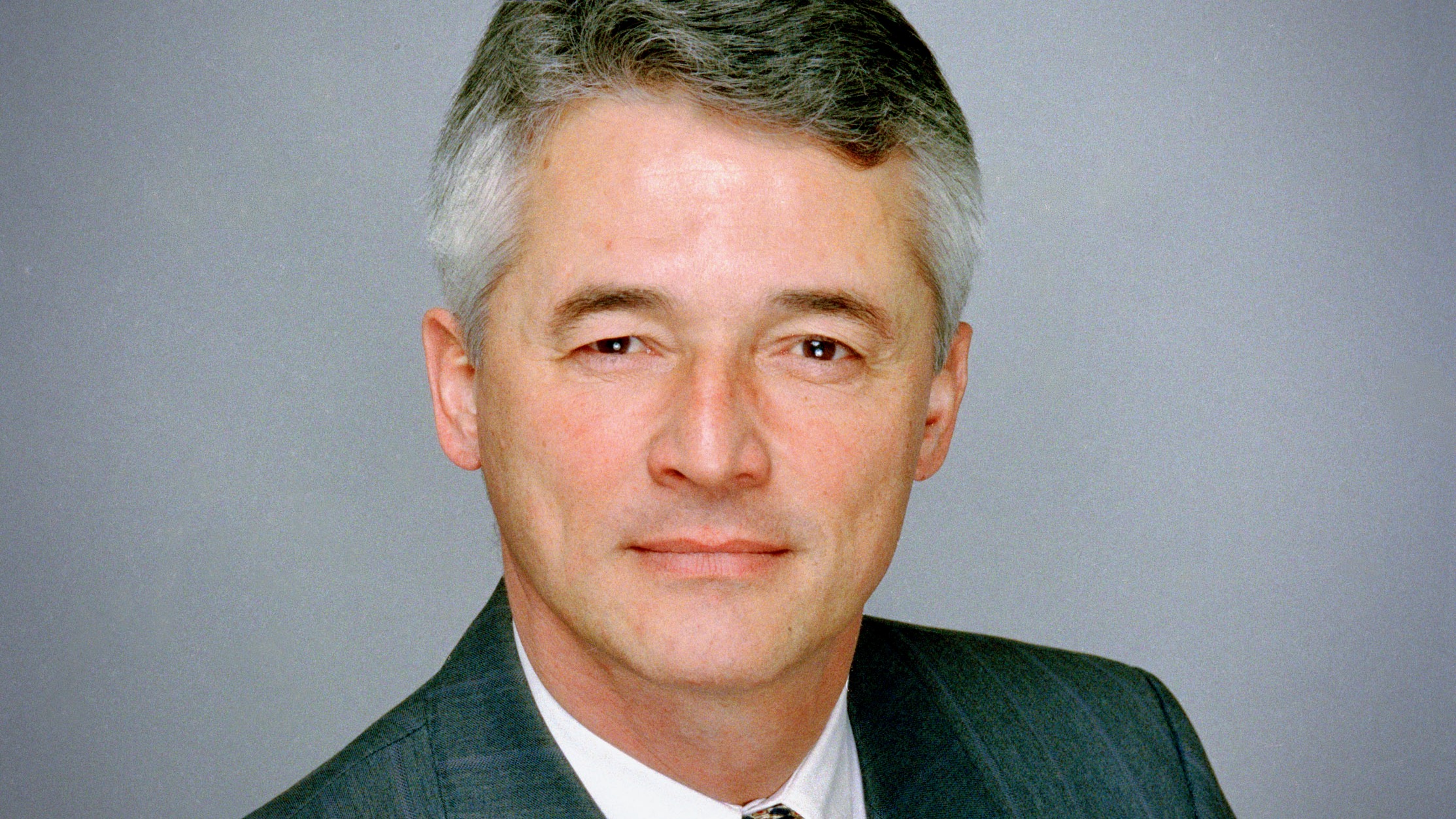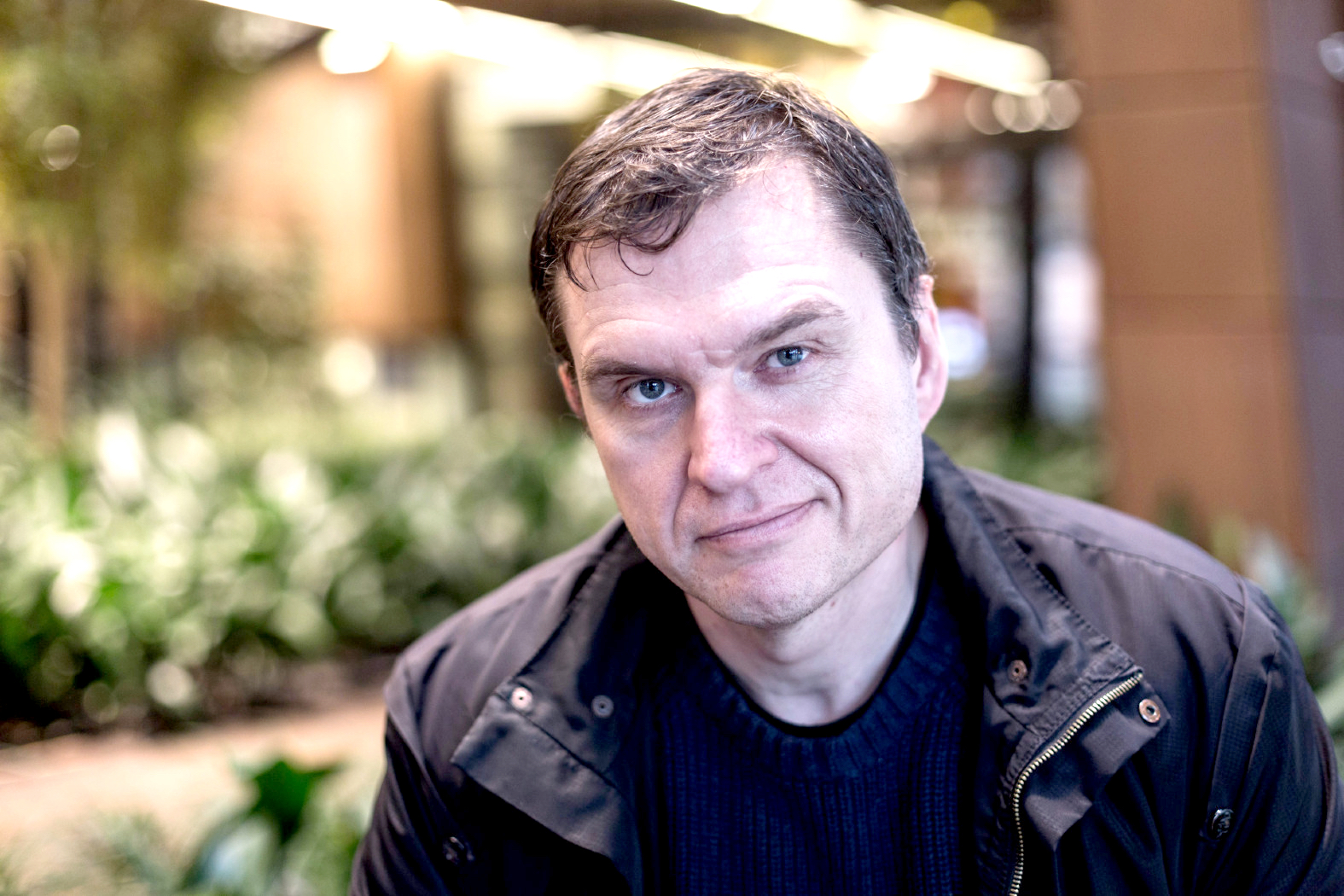Human Rights
Polish Award Sérgio Viera de Mello, UN High Commissioner for Human Rights
On October 26, 2023, at the Villa Decius in Krakow, during the ceremonial Gala, the Polish Prize was awarded for the 20th time. Sérgio Vieira de Mello, UN High Commissioner for Human Rights.
Winners of the 20th edition of the Award:
This year, several dozen candidates were submitted for the Award. The nominees included people and organizations from various parts of the world working for peace, human rights and dialogue of religions and cultures. The work of the Chapter was attended by representatives of: the President of the Republic of Poland, the Ambassador of the Federative Republic of Brazil, the Ambassador of the Kingdom of Sweden in Poland, the UN High Commissioner for Refugees, the Ministries of Foreign Affairs, the Ombudsman, the Mayor of Krakow, the Consul General of the United States in Krakow, ZNAK Publishing House , Founders and Initiators of the Award, as well as the Chairman of the Management Board and Director of the Villa Decius Association.
By decision of the Chapter, the Polish Award named after Sérgio Vieira de Mello in 2023 receives: in the “Person” category:

Marcin Żyła – “All of Marcin Żyła’s reports, articles, lectures, broadcasts and presentations refer to human rights, humanitarian aid and the condition of contemporary Europe. They are a constant appeal for the dignity and respect that everyone deserves, not only those living in Europe. They all have a component of solidarity with others coming from culturally different societies, countries and continents. In his articles, Marcin Żyła accuses European institutions and countries of inaction, of tolerating lawlessness at sea, of violating human rights and the Geneva Convention, including push-backs of refugees. It warns against the greatest enemy we all have, against indifference in the face of tragedy and death, and reminds us of universal values, our humanity and the need to help those who need it. – said Danuta Glondys, co-initiator of the Award and long-time director of the Villa Decius Association, in her laudatory speech.
in the “Non-governmental organization” category:

Familias Unidas por Nuestros Desaparecidos en Jalisco (FUNDEJ) – “FUNDEJ and the people who create this organization are a symbol of steadfast resistance. In response to the repression that resulted in the disappearance of hundreds of young people at the hands of civilian state officials, these brave women not only transcended violence and intimidation, but also became tireless defenders of justice. FUNDEJ’s work allows us to move the world step by step towards a place of peace and human rights. It builds a sense of unity, empathy and strength, and this is the basis of every community, which we all need so much. Women change the world and FUNDEJ is the best example of this. – emphasized Nina Gabryś, Plenipotentiary of the Mayor of Krakow for Equality Policy in her laudation.
Honorary Award:
Andrzej Poczobut – “I do not hesitate to call Andrzej Poczobut’s attitude heroic. He was able to get out of prison because he was offered freedom in exchange for turning to the dictator for a pardon. He rejected such proposals three times. He pays this huge price, but as he wrote in a letter to his wife Oksana: “We do not choose the times in which to live, but we choose how to live in these times.” I would like to express my gratitude to the Chapter of the Award. Sergio Vieira de Mello for awarding an honorary award to Mr. Andrzej Poczobut. This decision is not only an appreciation of the activities of Andrzej Poczobut, but also of all those who are prisoners of the Lukashenko regime. This way we send a strong signal that we remember them. That the world is taking care of them. That we hope that Mr. Andrzej Poczobut, the prisoners of the regime and the entire Belarusian society will be able to live in a free and democratic country in the future.” – said Paweł Radomski, Director of the UN and Human Rights Department of the Polish Ministry of Foreign Affairs in the laudatory speech.
The award was received on behalf of Andrzej Poczobut by Anna Kietlińska, president of the Podlasie branch of the “Wspólnota Polska” Association.
The winners received a statuette designed by Andrzej Renes, a commemorative diploma and a financial prize funded by the Sponsor – ZUE Group.
Honorary patronage of the Polish Prize. Sérgio Vieira de Mello, UN High Commissioner for Human Rights, included:
AMBASSADOR OF THE FEDERAL REPUBLIC OF BRAZIL TO POLAND
AMBASSADOR OF THE KINGDOM OF SWEDEN TO POLAND
UNITED NATIONS HIGH COMMISSIONER FOR REFUGEES
Winner in the PERSON category
MARCIN ŻYŁA is a journalist, reporter and publicist. In the years 2016-2023 he was the deputy editor-in-chief of “Tygodnik Powszechny”. Since the beginning of the European migration crisis in 2014, he has been mainly dealing with multiculturalism and humanitarian and development issues. He draws a map of contemporary migrations with panache. Showing recent events in a broad perspective, he recalls specific human stories and dramas, believing that this is the only way to show the truth about this phenomenon and the misfortune that affects so many people. He started working abroad in the countries of former Yugoslavia, where he witnessed post-war identity changes and the road to Kosovo’s independence. Much of his correspondence and analyzes concern the humanitarian situation in Europe itself and in the Middle East. His reports from Uganda, Ghana, Lebanon, Lampedusa, the Balkans and Germany, as well as comments and conversations with Polish and Western migration researchers, appeared in the press. He is a lecturer and moderator of lectures and conferences on human rights, and the author of many interviews with European intellectuals.
He cooperates with international organizations and people helping refugees, including: with the Doctors Without Borders organization, Giusi Nicolini, the mayor of Lampedusa and other organizers of rescue expeditions in the Mediterranean Sea and humanitarian missions in Ukraine (Polish Medical Mission).
Winner in the NON-GOVERNMENTAL ORGANIZATION category
FAMILIAS UNIDAS POR NUESTROS DESAPARECIDOS EN JALISCO (FUNDEJ) – an organization associating families of missing persons in Mexico, helping them find their loved ones, supporting families in legal and governmental procedures, conducting field searches, fighting corruption, identification and complaint processes, as well as provides psychological and sometimes material support.
In 2011, after her son disappeared, Maria Guadalupe Aguilar began to develop a support network to help relatives of the missing. In 2013, the network obtained the status of a non-profit organization called FUNDEJ. Since then, the organization has supported over 400 families in finding their missing loved ones. It operates based on knowledge and experience in advising on legal and government procedures. FUNDEJ receives support from other Mexican organizations, institutions and activists. In 2018, this organization made a discovery that attracted the attention of the entire world – the brutal and inhumane practices of the Institute of Forensic Expertise in Jalisco.
HONORARY AWARD
ANDRZEJ POCZOBUT – Polish-Belarusian journalist, publicist and blogger associated with Grodno, activist of the Polish minority in Belarus and political prisoner. Advocate of maintaining the full independence of the Union of Poles in Belarus from the authorities in Minsk, but within the framework of Belarusian legislation. He is one of the opponents of Alexander Lukashenko, whose regime he has often criticized in his articles. He was detained and arrested many times for his social and journalistic activities. He is an expert on matters related to the history of the USSR secret services in Western Belarus and the activities of the Home Army in these areas. In 2011, he was sentenced to 3 years in prison, suspended for 2 years, for “insulting” Alexander Lukashenko in a number of articles. In June 2012, the prosecutor’s office of the Grodno region charged Andrzej Poczobut with insulting Lukashenko, which he allegedly committed in his publications. His apartment was searched, and he was arrested and imprisoned in Grodno. Andrzej Poczobut was threatened with up to 5 years in prison, but the investigation was discontinued. In March 2021, Andrzej Poczobut was arrested again. As a result of the trial in February 2023, the Grodno court sentenced Andrzej Poczobut to 8 years of maximum security prison for “inciting hatred” and “calling for actions to the detriment of Belarus’ national security.”
ABOUT THE PRIZE
Established in 2003 by the Villa Decius Association, the Polish Award. Sérgio Vieira de Mello, United Nations High Commissioner for Human Rights (2002-2003) is awarded to individuals and non-governmental organizations for their activities to protect and promote human rights and peaceful coexistence and cooperation of societies, religions and cultures. Previous winners of the Award include: Tadeusz Mazowiecki (Poland), Alaksandr Milinkiewicz (Belarus), Krystyna Pryjomko-Serafin (Great Britain), Leyla Ynus (Azerbaijan), Pietro Bartolo (Italy), Basil Kerski (Poland), and Tamila Tasheva (Ukraine). Among those honored with the Award: Sérgio Vieira de Mello included such institutions as: the Helsinki Foundation for Human Rights (Poland), the Memorial Association (Russian Federation), the Legal Aid Center. Halina Nieć (Poland), the Foundation against Trafficking in Human Beings and Slavery (Poland), the Interreligious Council of Albania (Albania), the Center for Interethnic Dialogue and Tolerance “Amalipe” (Bulgaria), the Polish Miska Medyczna (Poland) and the Center for the Defense of Human Rights “Wiosna” ( Belarus), Center for Peace and Reconciliation in Glencree (Ireland).
Sérgio Vieira de Mello (1948-2003)

– Brazilian diplomat. He was fluent in six languages. He defended two doctorates in humanities at the Sorbonne. Over the course of several decades of work at the UN, he held a number of offices, including: Special Representative of the UN Secretary General in Kosovo, United Nations Administrator for East Timor, the office of the UN High Commissioner for Human Rights (2002-2003) and the office of Special Envoy of the Secretary General UN Iraq. While performing this function, he died on August 19, 2003 in a bomb attack on the UN headquarters in Baghdad. Throughout his life, he worked to protect freedom and human rights, intercultural dialogue, fight terrorism and the refugee crisis, and respect international law.

